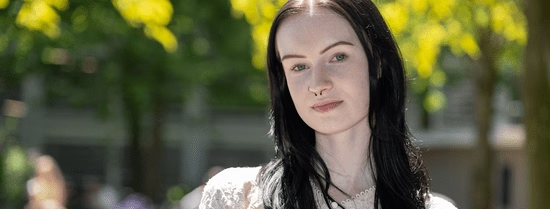Prof.dr. Renske Keizer
Renske Keizer (1983) is full professor in Family Sociology at Erasmus University Rotterdam. Keizer’s primary research interest is the role that families play in strengthening, maintaining or weakening social inequalities. Her research straddles sociology, pedagogical sciences, demography, and developmental psychology. Central to her work is the application of the theory-based life course approach to the behavior and well-being of individuals, and (extended) families. She has a demonstrated track record of significant contributions to multiple fields and to policy debates, through several highly-cited publications in top-tier journals, such as Journal of Marriage and Family, Journal of Family Psychology, Population and Development Review, European Sociological Review, and European Journal of Population. She has received several prestigious grants, amongst which an ERC Starting Grant, a NWO VENI, a NWO VIDI and a NWO VICI award.
In 2016, she was selected as one of the 25 most talented young scholars of all Dutch and Flemish universities. From 2019 to 2024 she was member of the Young Academy, the Royal Netherlands Academy of Sciences. In 2020 she won the Joannes Juda Groen Junior Prize (biannual) for excellent and innovative interdisciplinary research.
Dr. Bonnie French
Dr Bonnie French is Assistant Professor of Sociology at the Erasmus School of Social and Behavioral Sciences, Erasmus University Rotterdam. Focusing on social inequalities, her research centers around race and racism in institutions such as schools and prisons. In recent work, Bonnie examines the differences between efforts toward “diversity” and progress toward racial equity. She is interested in the language and associated meaning of diversity and racial equity projects, how and by whom these projects are managed, and the extent to which these projects tangibly change institutions. Currently, she is investigating the social forces that lead white people to commit to anti-racist work in an effort to understand how people and organisations can positively influence work against racism. Her work is strongly informed by Critical Race Theory.
Most importantly, Bonnie is committed to scholarship and teaching that investigates current social issues in an effort to understand and contribute to our societies.
Dr. Gabriele Mari
Gabriele Mari is Assistant Professor at the Erasmus School of Social and Behavioral Sciences, Erasmus University Rotterdam. Gabriele’s research and teaching focus on how recessions and policy changes affect children and their caregivers. In recent work, Gabriele examined the long-run consequences of cutbacks to social security in several countries, including the Netherlands. Gabriele is committed to an anti-poverty agenda and to open science.
